Contemporary Challenges for the Doctrine of the Separation of Powers in Four Different Constitutional Settings
Notes & Changes
Please note that this is a virtual event taking place via Zoom. If you are interested in attending, please register for the event on Eventbrite. Once you register, you will receive automatic email notifications 48 hours and 2 hours before the event with the Zoom invitation. Click on the orange 'View Now' button in the notification emails to access the webinar link, ID and password.
Please also note that this event will be recorded, with the exception of any live audience questions.
This conversation is being co-organized with the Strathmore University, Nairobi and the Programme for the Foundations of Law and Constitutional Government, University of Oxford to mark the tenth anniversary of the Constitution of Kenya, 2010.
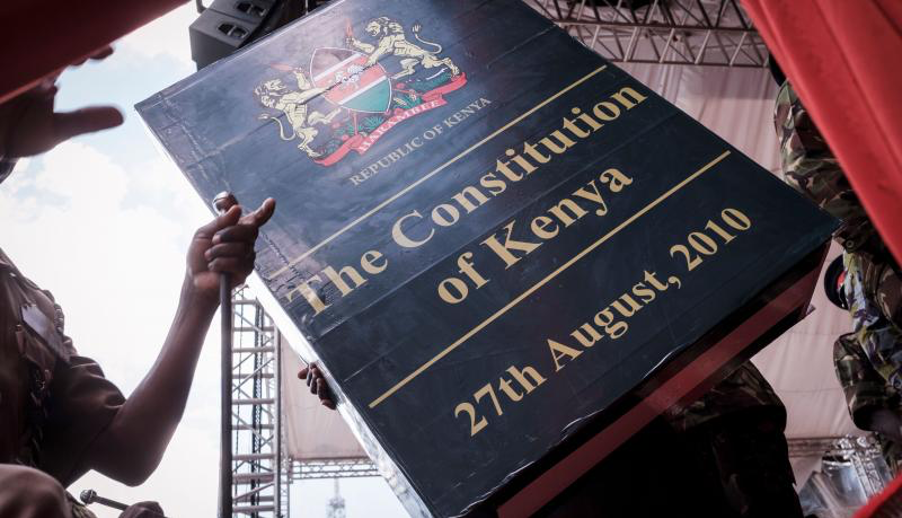
It was hoped when Kenya’s new Constitution was adopted in 2010 that it would contribute to deepening and strengthening constitutional democracy and the rule of law in Kenya and contribute to the transformation of lives of Kenyan society, by promoting equality, human dignity and freedom in many walks of life. Now, ten years later, constitutional amendments are under discussion in Kenya and it seems a fitting moment to be discussing one of the key principles of modern democracies: the doctrine of the separation of powers. In this webinar, to mark the tenth anniversary of its adoption, panel members will talk about the doctrine of the separation of powers between and amongst the executive, legislature and judiciary and consider contemporary challenges to that doctrine in four different constitutional frameworks: Kenya, India, South Africa and the United Kingdom.
Speakers will include Dr John Ambani (Strathmore Law School) who will speak on Kenya, Professor Tarun Khaitan (Oxford and Melbourne) who will speak on India, Professor Paul Craig (Oxford) who will speak on the United Kingdom, and Professor Kate O’Regan (Oxford) who will speak on South Africa. The session will be moderated by Mukami Wangai (Strathmore Law School) and Professor Nick Barber (Oxford). Each speaker will speak for 15 minutes followed by Q&A. The webinar will be livecast and recorded.
An audio recording of this event is available to listen to on Soundcloud
Speakers
Dr John Ambani
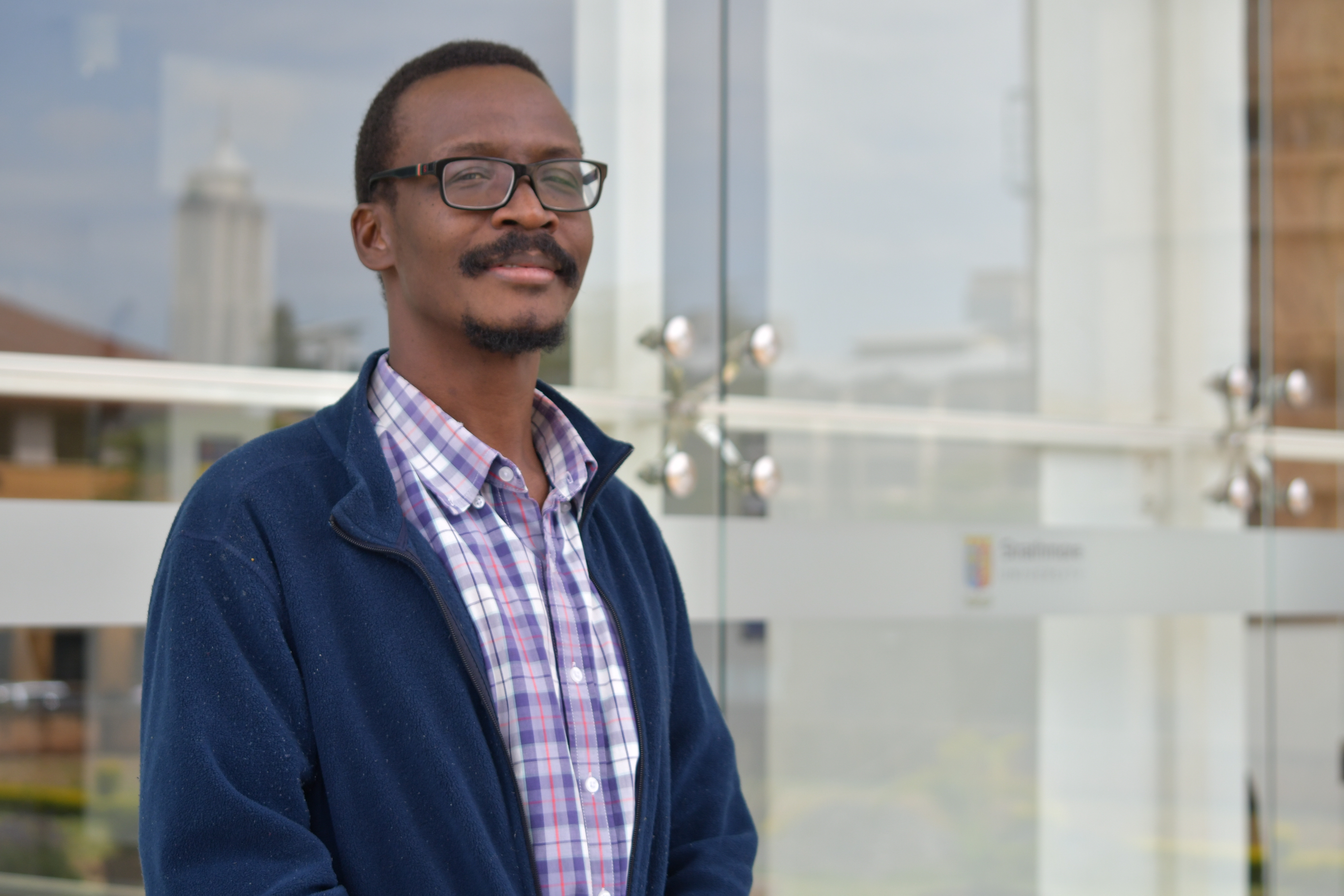
John Ambani is Senior Lecturer, Strathmore Law School, and Editor-in-Chief, Strathmore Law Journal.
Professor Tarun Khaitan
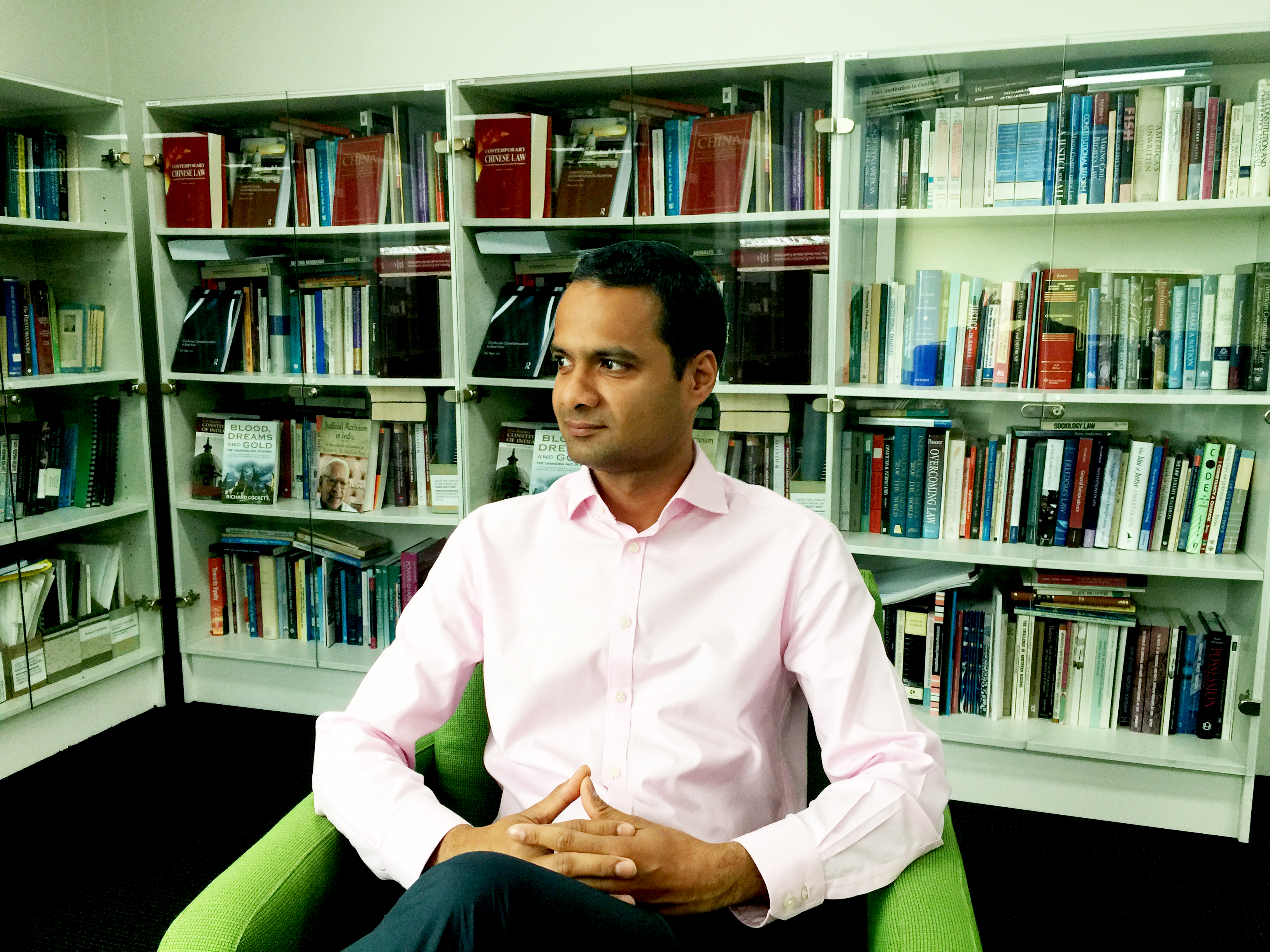
Tarun Khaitan is the Professor of Public Law & Legal Theory and the Hackney Fellow in Law at Wadham College, currently on special leave for four years from 1 September 2017. During this period of leave, he is a Future Fellow at the University of Melbourne to work on his research project on the resilience of democratic constitutions, with a focus on South Asia. He specialises in legal theory, constitutional law and discrimination law.
Professor Paul Craig
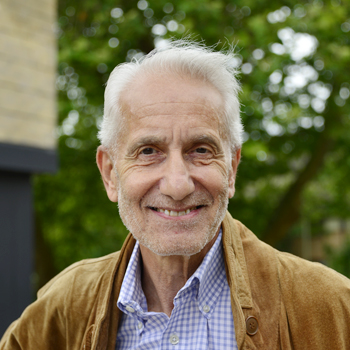
Paul Craig is Professor in English Law, University of Oxford and Fellow of St John's College, Oxford.
Professor Kate O’Regan
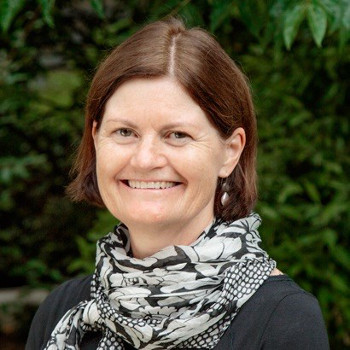
Kate O'Regan is the inaugural Director of the Bonavero Institute of Human Rights and a former judge of the South African Constitutional Court (1994 – 2009). In the mid-1980s she practiced as a lawyer in Johannesburg in a variety of fields, but especially labour law and land law, representing many of the emerging trade unions and their members, as well as communities threatened with eviction under apartheid land laws. In 1990, she joined the Faculty of Law at UCT where she taught a range of courses including race, gender and the law, labour law, civil procedure and evidence. Since her fifteen-year term at the South African Constitutional Court ended in 2009, she has amongst other things served as an ad hoc judge of the Supreme Court of Namibia (from 2010 - 2016), Chairperson of the Khayelitsha Commission of Inquiry into allegations of police inefficiency and a breakdown in trust between the police and the community of Khayelitsha (2012 – 2014), and as a member of the boards or advisory bodies of many NGOs working in the fields of democracy, the rule of law, human rights and equality.
Moderators
Mukami Wangai
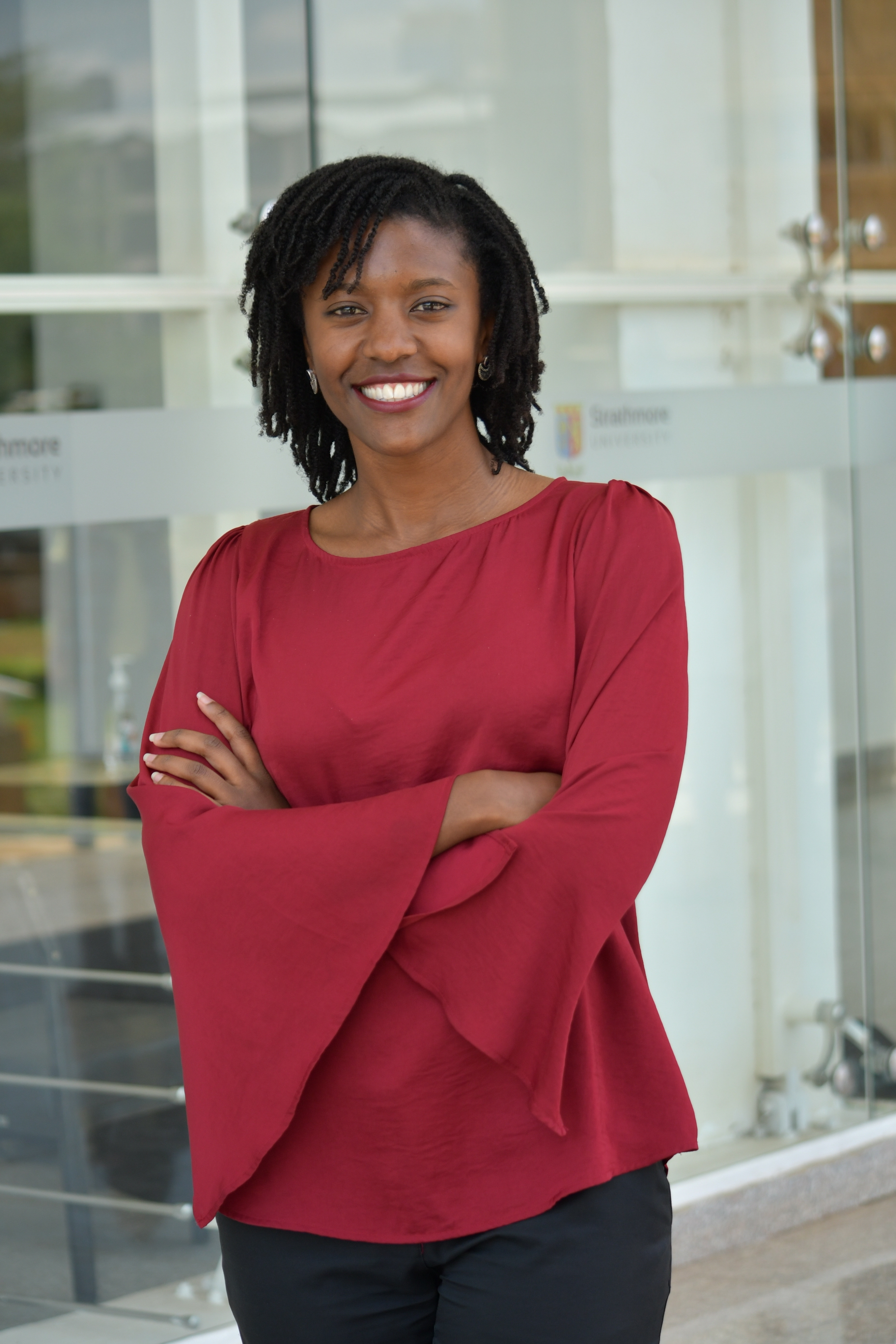
Mukami Wangai is a lecturer at Strathmore University Law School. She holds a BA in Economics and Law from the School of Oriental and African Studies (SOAS), University of London and a LLM from Duke University. She completed a Graduate Diploma in Law (GDL) and the Bar Professional Training Course at the College of Law, London, and was called to the Bar of England and Wales in 2012.
Her research interests are in a number of areas of public law, including constitutional transition and democratisation, human rights, criminal justice policy and restorative justice. She is a member of the research team at Strathmore Centre for Law and Policy (SCLP), and works in its programme on constitutional implementation and electoral integrity in Kenya. She serves on the Editorial Committee of Strathmore University (Legal) Press.
Professor Nick Barber
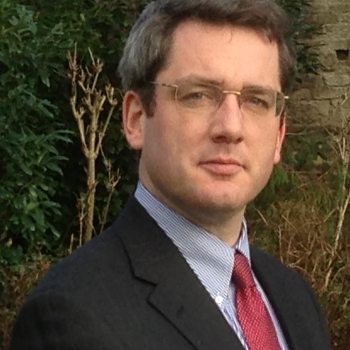
Nick Barber joined the Oxford Law Faculty in 1998 as a Fixed Term Fellow at Brasenose, moving to a tenured Fellowship at Trinity College in 2000. In 2013 he was appointed University Lecturer in Constitutional Law and in 2017 he was appointed Professor of Constitutional Law and Theory. In 2012 and 2013 he was a visiting Professor at Renmin University, China. He has lectured extensively on constitutional law and theory in many countries. He has published many papers in these areas, and his book - The Constitutional State – was published in 2011, and has been widely reviewed. His second book, The Principles of Constitutionalism, was published by Oxford University Press in summer 2018. He was founder editor of the United Kingdom Constitutional Law Blog, and he was a co-author, with Jeff King and Tom Hickman, of the blog post that sparked the litigation in Miller, a post which first advanced the arguments eventually adopted by the High Court and Supreme Court. Alongside Richard Ekins, he is co-director of The Programme for the Foundations of Law and Constitutional Government.

